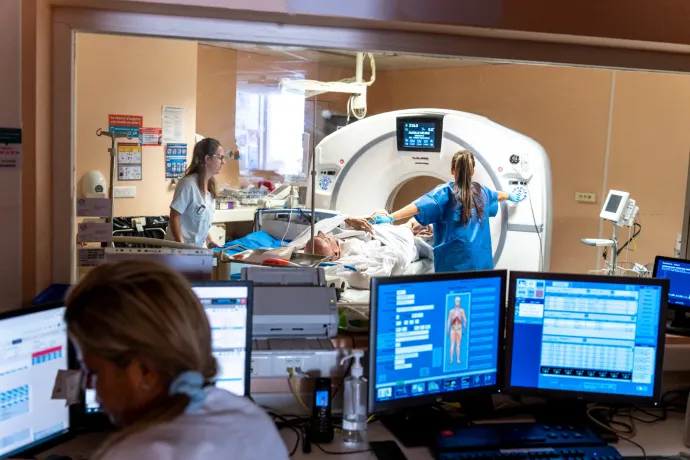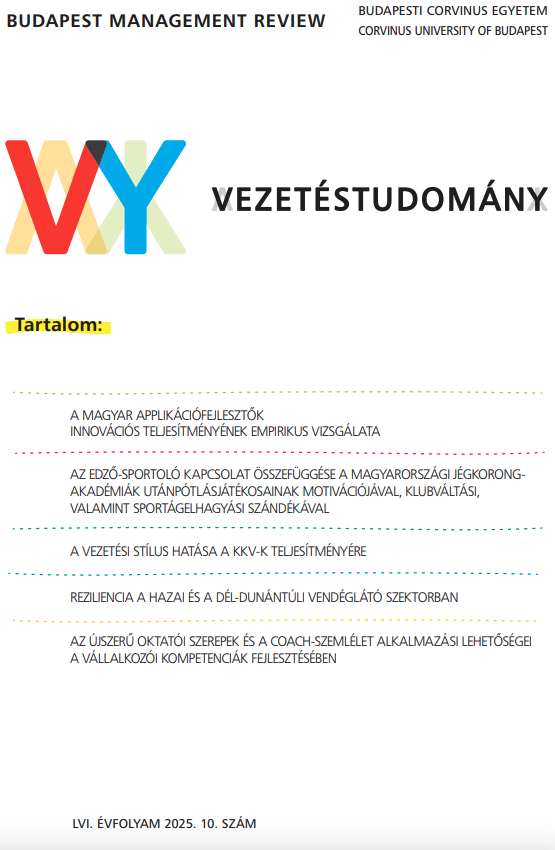Az előadásra hibrid formában kerül sor zoom felületen, illetve személyesen a K.0.11-12-es földszinti előadóban 2025.03.27-én, 13.00 órától.
Előadó: Sebők Anna 
Cím: The Return of Diverse Higher Education Pathways
Absztrakt:
The expansion of higher education has resulted in a fragmentation of student careers on a global scale. The number of students pursuing atypical pathways has been growing. In the European Union, the Bologna Process has facilitated the mobility of students across higher education institutions, the transition between different courses of study, increasing the diversity of pathways. The existing literature on higher education careers agrees that the most appropriate approach to studying training pathways is a dynamic one. In our paper, using a rich, individual-level administrative research database, we trace higher education pathways over six years at the monthly level and then categorise them using sequence analysis. For this information on the monthly educational statuses and on parallel employment status and parallel studies were taken into account. The resulting student life course categories were also examined regarding individuals’ cognitive skills, educational and family background. Finally, regression estimates were used to examine each trajectory type’s early labor market success. To examine the educational and labor market pathways of individuals over seven years is unique in the region, as the combined analysis of higher education careers and subsequent labor market success too.









